Iran's SCO accession offers huge security, economic benefits: Ex-Diplomat
By Alireza Hashemi
Iran's accession to the Shanghai Security Organization (SCO) allows the country to reap huge security and economic benefits and helps the regional grouping to advance towards its goal of creating a democratic international order, according to a former Iranian diplomat.
Speaking to the Press TV website, Mohsen Pakaeen said the Eurasian multilateral organization formed in 2001 by China and Russia mainly aims to deal with security challenges in the region and the world.
"In the region, we face challenges including terrorism, drug trafficking, human trafficking, as well as territorial disputes like the one between Azerbaijan and Armenia,” Pakaeen remarked.
“Here Iran as a regional power can constructively work with other members to help promote stability," he hastened to add, noting that “improved security” can help spur regional economic collaboration.
Iran gained full-fledged membership of the SCO last week, during the 23rd virtual summit of the bloc that was hosted by India, becoming the ninth member of the influential alliance, which also includes China, Russia, India, Pakistan, Uzbekistan, Kyrgyzstan, Kazakhstan, and Tajikistan.
In his address to the summit, Iran’s President Ebrahim Raeisi said Tehran will work to advance the security and economic objectives of the multilateral grouping.
“Iran believes that SCO is a growing organization with significant indicators and capacities and a privileged position, and the benefits of this official [accession] of Iran will be recorded in history,” Iran’s president told the virtual summit.
‘Broad economic cooperation’
Pakaeen, a former Iranian ambassador to Azerbaijan, said Iran can also engage in broad economic cooperation with major SCO members, particularly in the fields of trade and energy.
"The bloc's three-billion-people market can offer Iran numerous opportunities for increased trade. Iran's market can also be attractive for some SCO members who are major exporters," he asserted.
"China and India are major energy importers and Iran and Russia are big exporters. So SCO members can also work to address each other's energy needs,” the former envoy told the Press TV website.
In the field of transit, the former diplomat said Iran offers the organization great geopolitical advantages since it links the West to the East and also the North to the South.
"Since many of Russia's seaports have been rendered useless due to the Western sanctions, Iran's transport facilities can allow SCO members to promote internal trade. The International North-South Transport Corridor is a solid example of that," he said.
Pakaeen further stated that Iran is in need of advanced technologies and China, India and Russia have a lot to offer to the country in this field.
He also referred to tourism and agriculture as other fields in which Iran can engage with SCO members.
"Iran has great tourism potential and can be a hot destination for SCO nations. The SCO membership facilitates tourism cooperation, including through visa-free travels,” the former diplomat stressed.
"Many of SCO countries own a large swathe of fertile land and this provides a chance for Iran to engage in extra-territorial cultivation in these countries.”
'No serious obstacles to Iran joining BRICS'
On the prospects of Iran joining BRICS, an influential grouping of major emerging economies from the world that comprise 41 percent of the world population, Pakaeen said both the SCO and BRICS promote the idea of a multipolar world and both of them naturally embrace Iran, which is a developing regional power and offers vast untapped potential for cooperation in many fields.
"There are no serious obstacles to Iran joining BRICS, just like the SCO. And this doesn't necessarily need to take a long time for the initial steps to be taken,” he told the Press TV website.
“BRICS has fewer members than the SCO so it might be easier for Iran to join the organization when compared to the Shanghai organization.”
Mohammad Jamshidi, the Iranian president’s deputy chief of staff for political affairs, in a tweet after Iran’s full accession to the SCO last week, said “active membership in regional and international organizations” is part of the Iranian government’s foreign policy based on the doctrine of good-neighborliness.
He further stated that membership in BRICS is the “next step” for Tehran.
Pakaeen pointed to opposition by Uzbekistan and later Tajikistan as reasons why Iran's full SCO membership became a lengthy process.
"The SCO's membership process is based on consensus. Uzbekistan's late leader Islam Karimov argued that the SCO should not accept any new member as this makes it difficult for the body to reach consensus on important decisions,” the former diplomat noted.
“After that, Tajikistan was opposed to Iran's SCO membership due to its cold relations with Tehran. This might not be the case with BRICS.”
He hastened to add that BRICS and SCO both aim to counter unilateralism and de-dollarize their trade and Iran's accession can expedite this process, which would ultimately wean much of the world off America's economic hegemony.
VIDEO | Yemen; a bone in Israeli neck
D-8’s role in Iran’s economy after Cairo summit
China slams US as ‘war-addicted’ threat to global security
China ‘firmly opposes’ US military aid to Taiwan
VIDEO | Press TV's News Headlines
President Yoon Suk Yeol to be removed from office
At least 19 Gazans killed by Israeli airstrikes since dawn: Medics
Leader: Iran neither has nor needs proxy forces


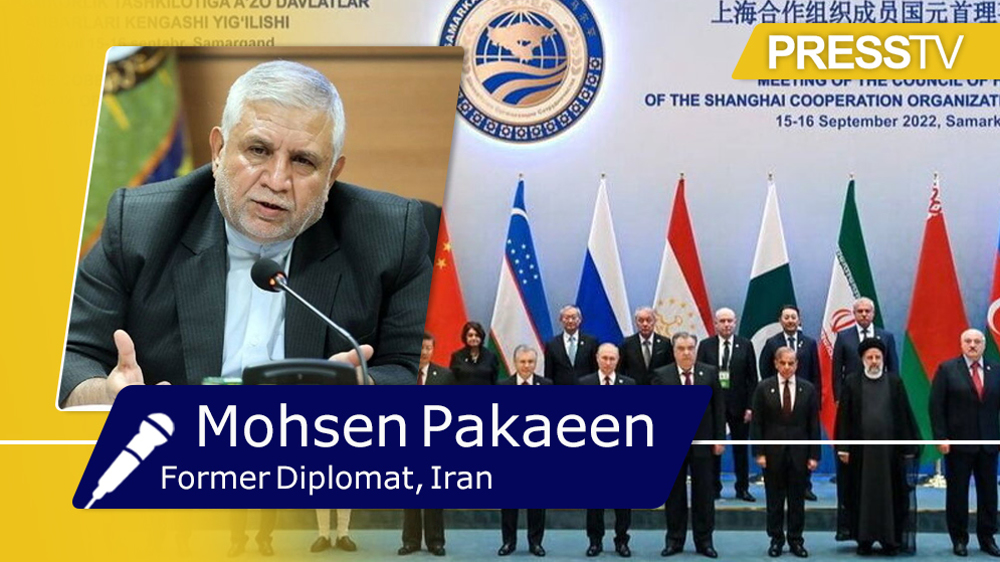
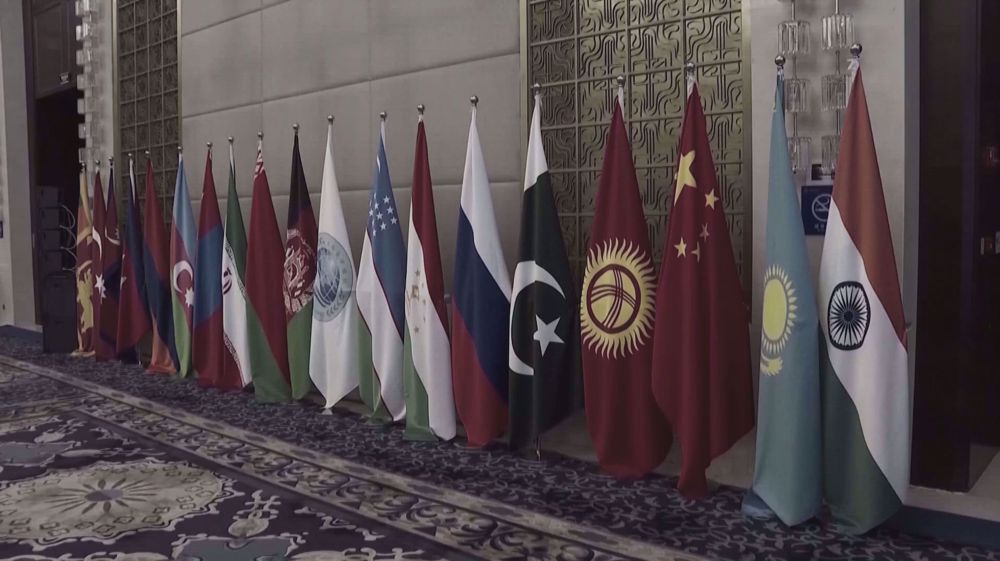

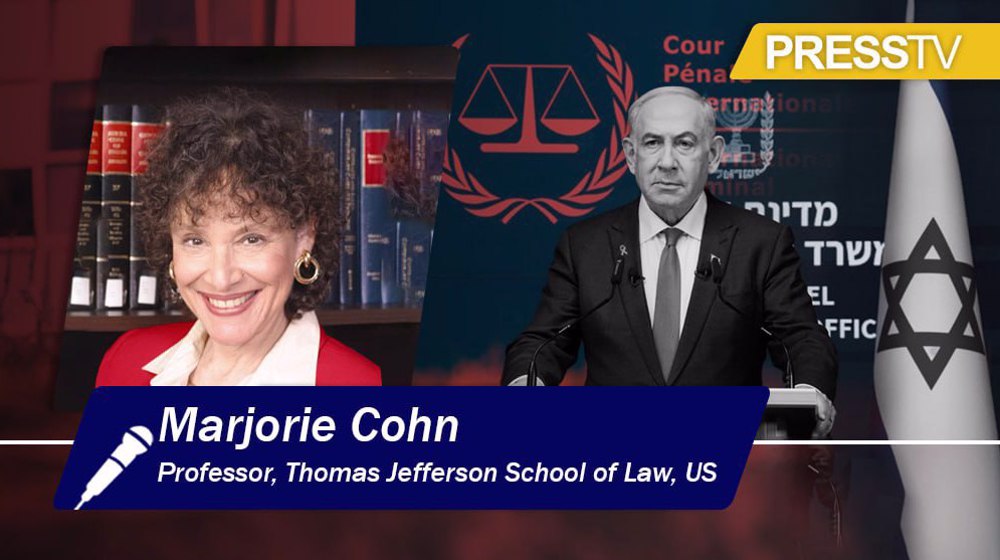
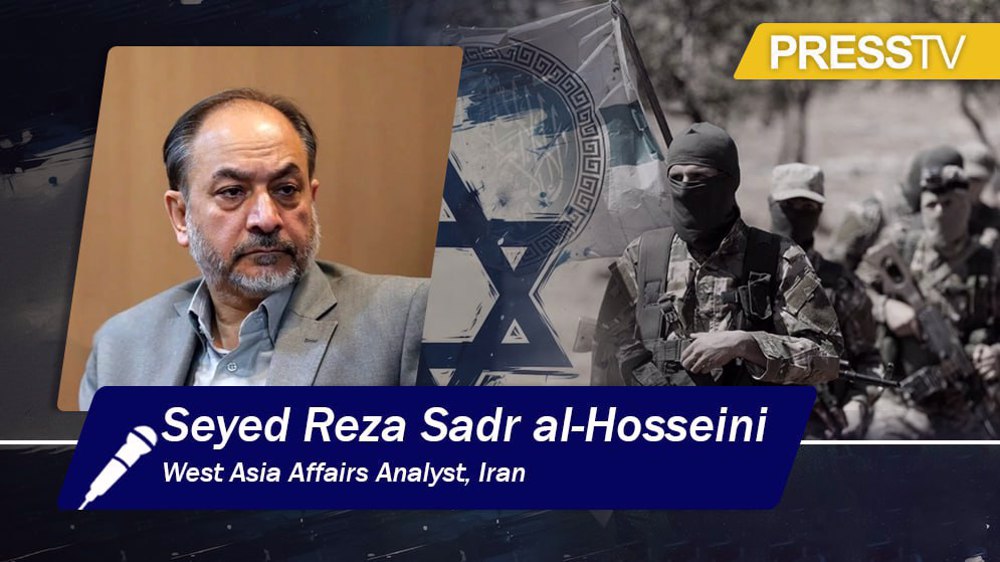



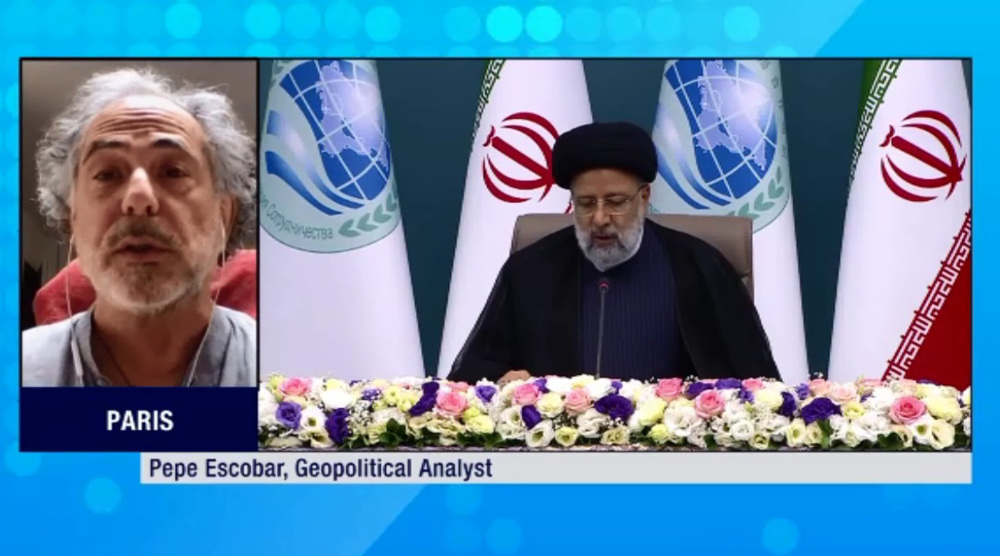
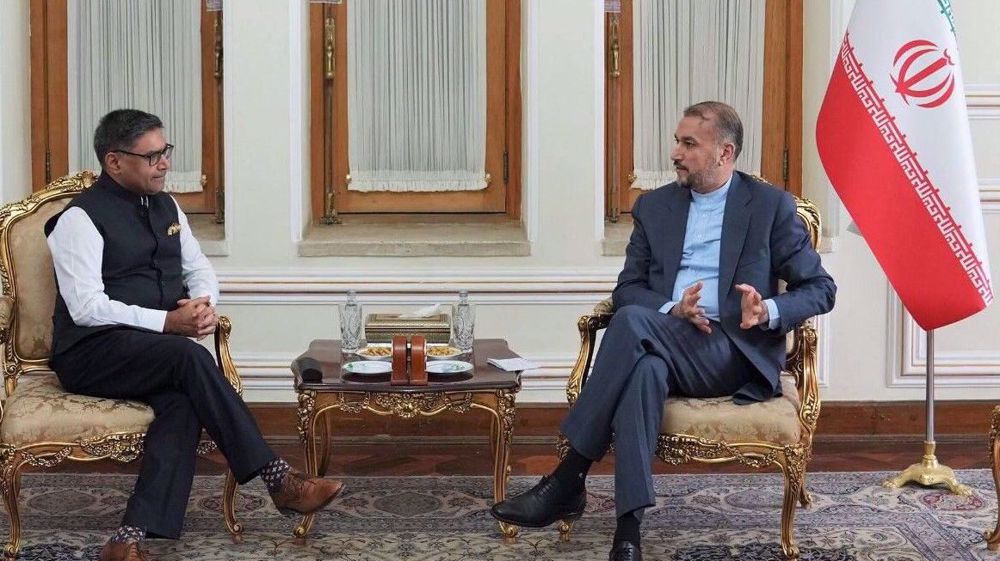
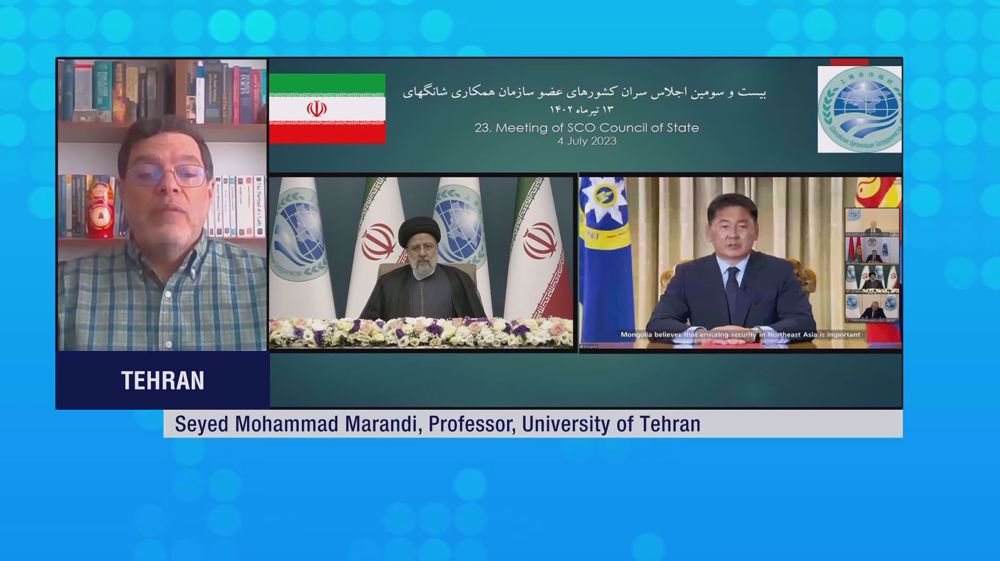
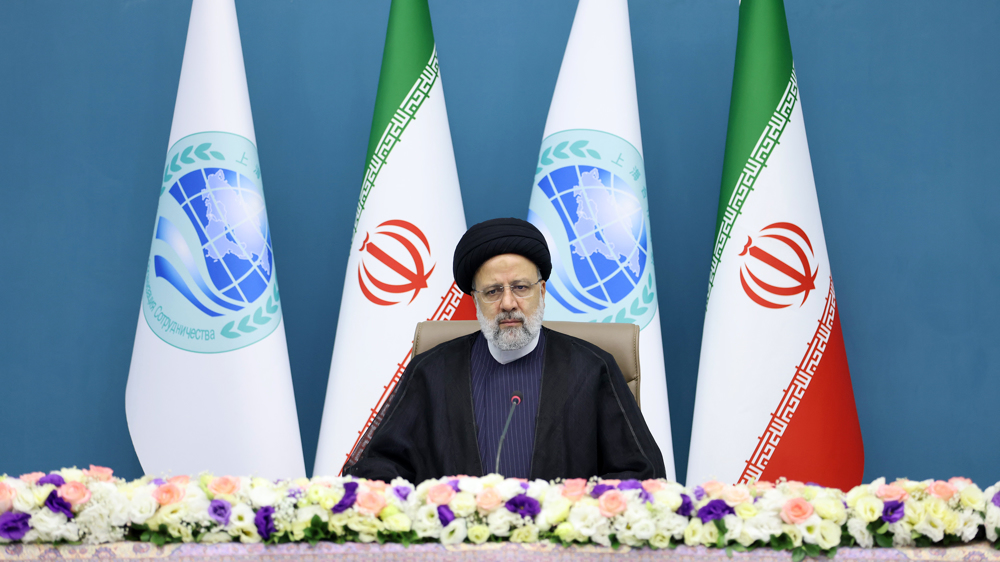
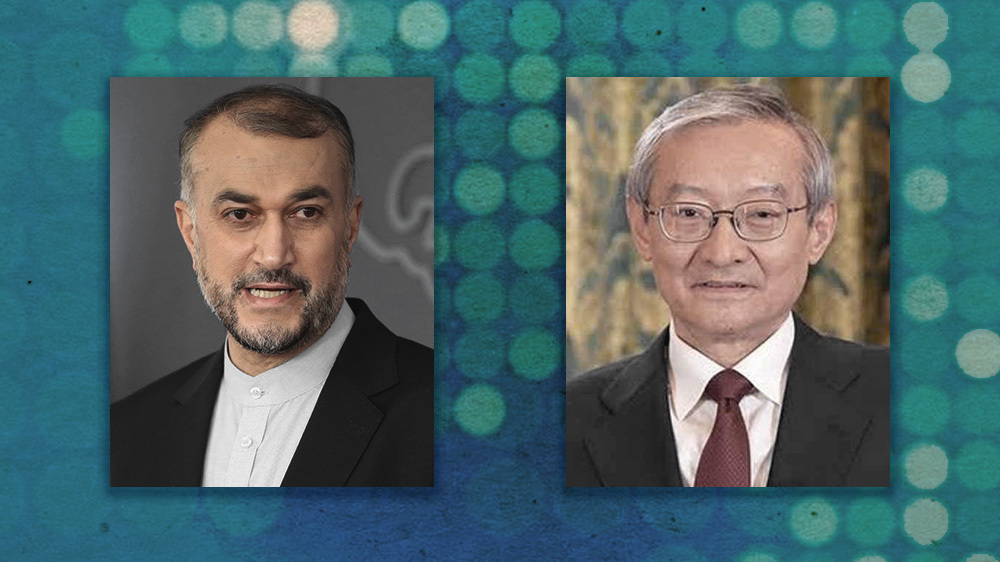

 This makes it easy to access the Press TV website
This makes it easy to access the Press TV website